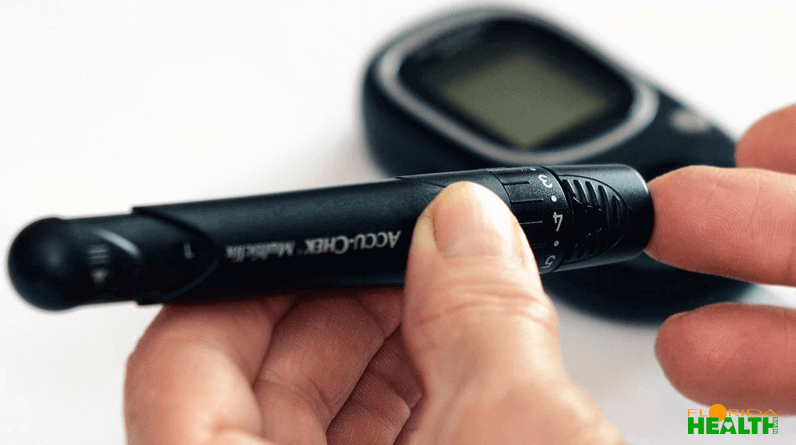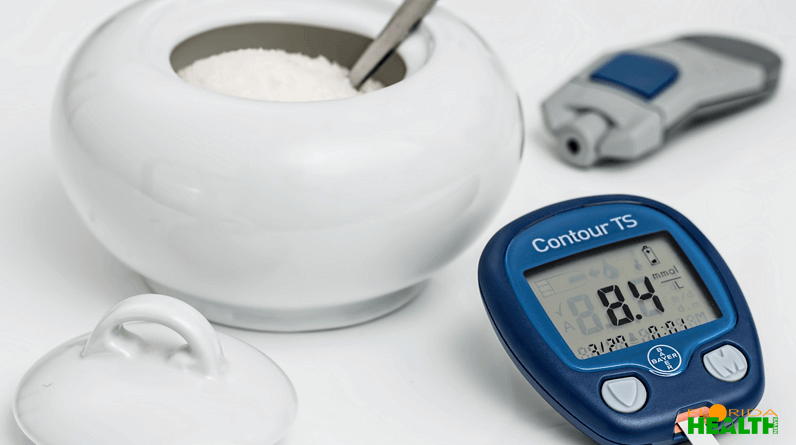
More and more people are being diagnosed with type 2 diabetes. With the right lifestyle adjustments, you can often live very well with it. According to biologist Marian Bosma, these lifestyle adjustments can also prevent type 2 diabetes from developing. She answers five frequently asked questions.
1. What factors increase the risk of type 2 diabetes?
“It’s not always clear when someone develops type 2 diabetes. However, there are factors that have a predictive value for developing type 2 diabetes.
Some factors are beyond your control:
- Heredity: type 2 diabetes in a father, mother, brother, or sister gives a higher chance.
- Origin: with ancestors of Turkish, Moroccan, Hindu, or Surinamese origin, the chance is higher.
- Age: as you get older, the chance increases. This may have to do with less exercise. Type 2 diabetes used to be called age-related diabetes.
- Pregnancy: after having gestational diabetes or giving birth to a child that weighs more than 9 pounds, there is a greater chance of developing type 2 diabetes later.
2. What can you do to prevent the development of type 2 diabetes?
“That’s actually very simple: reverse the risk factors:
- Work on a healthy weight.
- Get enough exercise.
- Get a good night’s sleep.
- Relax regularly.
These last two actions will help you achieve a healthy weight and stable blood sugar.”
3. How does this manifest itself in practice?
“Any risk factor you can address:
- If you are overweight, lose weight slowly. It’s more important to keep the weight off than to lose it quickly. Choose foods high in fiber, such as vegetables and legumes. Combine with foods in which nature is still visible, such as water, fruit, egg, nuts, fish, meat, and chicken. Avoid foods that cause rapid blood sugar spikes: example, sugary drinks and juices, sweeteners, cookies, candy, white bread, toast, pasta, sweet spreads, and desserts.
- Exercise daily for 30 minutes until your breathing is slightly accelerated. Choose activities that you enjoy doing and do movements that are appropriate for your condition.
- Get a good night’s sleep. Make your bedroom dark and quiet. Give attention to wrapping up the day so you get into bed with a clear head.
- Learn to relax. If you do a relaxation exercise daily, it will become easier and easier.”
4. Does this also apply to type 1 diabetes?
“In type 1 diabetes, a different mechanism plays a role, namely inflammation that stops insulin from being made. There are indications that a grain-free diet may be able to stop the onset of type 1 diabetes, in the first year it is detected. That research is still in its infancy. Of course, the advice for a healthy weight, adequate exercise, good sleep, and regular relaxation is good for everyone.” Here is what you can do yourself for diabetes prevention.
5. Are these lifestyle changes also useful if you have already been diagnosed with diabetes?
“Yes, with this advice it is even possible to get rid of type 2 diabetes. A large proportion of diabetics can return to healthy blood values without medication. It doesn’t matter whether someone uses tablets or insulin. Adjusting the diet together with medication can quickly lead to a hypo. So consult your GP or practice nurse beforehand about how the medication can be adjusted.” Marian Bosma is a biologist and has more than 15 years of experience as a healthcare consultant. She wrote the online course ‘Living Diabetes-Free’ for people who want to start reducing their risk of type 2 diabetes themselves.

Carl Riedel is an esteemed online researcher and writer, specializing in the intersection of technology and wellness. As a member of the International Association of Therapists, Carl brings a unique perspective to his work, skillfully integrating insights from therapy and digital trends. His articles help readers navigate the complexities of the digital age with an emphasis on promoting mental and emotional well-being.



